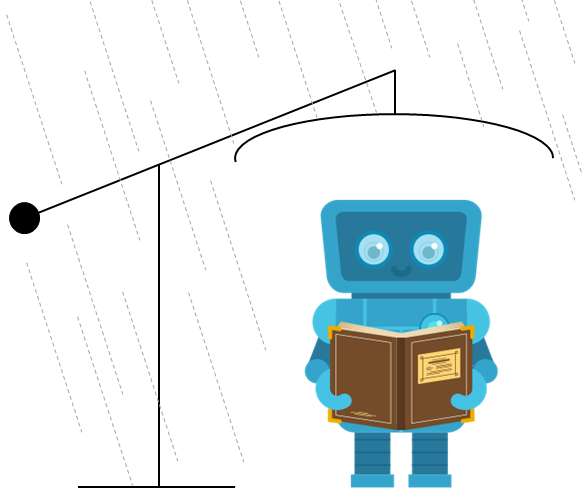SmolVLM: Extract data from a single image¶
This script uses SmolVLM to extract data from a single image.
Argument
`--label`specifies which image (from the Rainfall Rescue collection). Image labels are strings like`TYRain_1920-1930_06_pt1-page-270`. If omitted, picks an image at random.Argument
`--model`specifies which model to use. This script is for SmolVLM only but it works for original and trained versions. If omitted, uses the untrained version, to use a trained version, use the model name specified in the training script.
Output is put under $PDIR/extracted. (PDIR is set in the environment).
#!/usr/bin/env python
# Run the Huggingface SmolVLM model and extract data from a RR image
# Output the extracted data as a JSON structure
import os
from RR_utils.hf import HFlogin
from rainfall_rescue.utils.pairs import get_index_list, load_pair, csv_to_json
HFlogin()
from transformers import AutoProcessor, AutoModelForImageTextToText
import torch
import argparse
import random
# Text prompts - system and user
from models.smolvlm.prompts import s_prompt, u_prompt
# Specify the model ID and image label
parser = argparse.ArgumentParser()
parser.add_argument(
"--model_id",
help="Model ID",
type=str,
required=False,
default="HuggingFaceTB/SmolVLM-Instruct",
)
parser.add_argument(
"--label",
help="Image identifier",
type=str,
required=False,
default=None,
)
parser.add_argument(
"--fake",
help="Use fake data - not real",
action="store_true",
required=False,
default=False,
)
args = parser.parse_args()
if args.label is None:
args.label = random.choice(get_index_list(fake=args.fake))
print(f"Label not specified. Using random label: {args.label}")
# Load the image and CSV data
img, csv = load_pair(args.label)
device = "cuda" if torch.cuda.is_available() else "cpu"
# Load the model and processor
if os.path.exists(f"{os.getenv('PDIR')}/{args.model_id}"):
model_dir = f"{os.getenv('PDIR')}/{args.model_id}"
print(f"Loading model from local directory: {model_dir}")
processor = AutoProcessor.from_pretrained(model_dir, size={"longest_edge": 5 * 384})
model = AutoModelForImageTextToText.from_pretrained(
model_dir,
torch_dtype=torch.bfloat16,
_attn_implementation="eager", # "flash_attention_2" if device == "cuda" else "eager",
).to(device)
else:
processor = AutoProcessor.from_pretrained(
args.model_id, size={"longest_edge": 5 * 384}
)
model = AutoModelForImageTextToText.from_pretrained(
args.model_id,
torch_dtype=torch.bfloat16,
_attn_implementation="eager", # "flash_attention_2" if device == "cuda" else "eager",
).to(device)
messages = [
{
"role": "system",
"content": [{"type": "text", "text": s_prompt}],
},
{
"role": "user",
"content": [
{
"type": "image",
"image": img,
},
{
"type": "text",
"text": u_prompt,
},
],
},
]
inputs = processor.apply_chat_template(
messages,
add_generation_prompt=True,
tokenize=True,
return_dict=True,
return_tensors="pt",
).to(device)
input_len = inputs["input_ids"].shape[-1]
with torch.inference_mode():
generation = model.generate(
**inputs, max_new_tokens=5000, do_sample=False, top_k=None, top_p=None
)
generation = generation[0][input_len:]
decoded = processor.decode(generation, skip_special_tokens=True)
print(csv_to_json(csv))
print(decoded)
Result = decoded[decoded.find("{") : decoded.rfind("}") + 1]
# Store the extracted values in a file
opfile = f"{os.getenv('PDIR')}/extracted/{args.model_id}/{args.label}.json"
os.makedirs(os.path.dirname(opfile), exist_ok=True)
with open(opfile, "w") as f:
f.write(Result)
